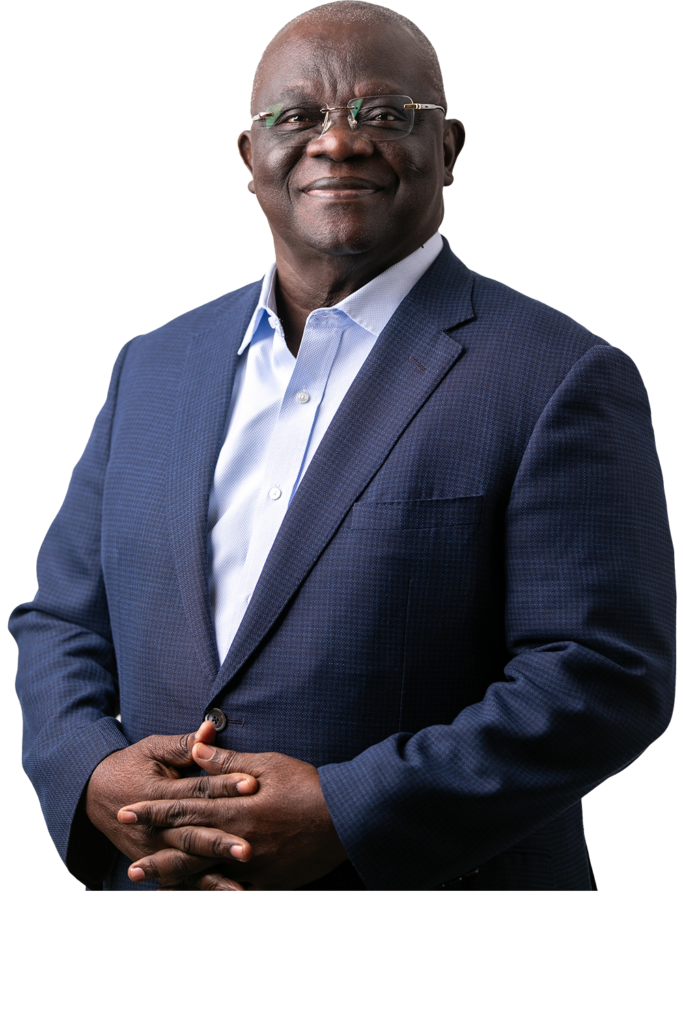Mr. Albert Essien is the Board Chairman of Growth Investment Partners (GIP) Ghana.
He is a seasoned banker and former Group Chief Executive Officer of Ecobank Transnational Incorporated (ETI), where he spent over 25 years and played a key role in the Group’s pan-African expansion. During his tenure, he held several senior leadership positions, including Deputy Group CEO and Executive Director for Corporate and Investment Banking, and previously led ETI’s operations across Anglophone West Africa (excluding Nigeria), as well as Eastern and Southern Africa.
Mr. Essien began his banking career with the National Investment Bank (NIB) in Ghana in 1986 and joined Ecobank Ghana in 1990, where he rose through the ranks to become Group CEO in 2014. He is widely credited with driving Ecobank’s brand growth and geographic footprint across the continent.
In addition to his role at GIP, Mr. Essien serves as Board Chairman of the Ghana College of Physicians and Surgeons Endowment Fund, Ghana Amalgamated Trust (GAT), and Jumo Ghana. He also sits as a non-executive director on several corporate boards.
He holds a BA (Hons) in Economics from the University of Ghana, is a Fellow of the Chartered Institute of Bankers, Ghana, and has completed executive programs at INSEAD (France/Singapore) and Harvard Business School (USA).
















